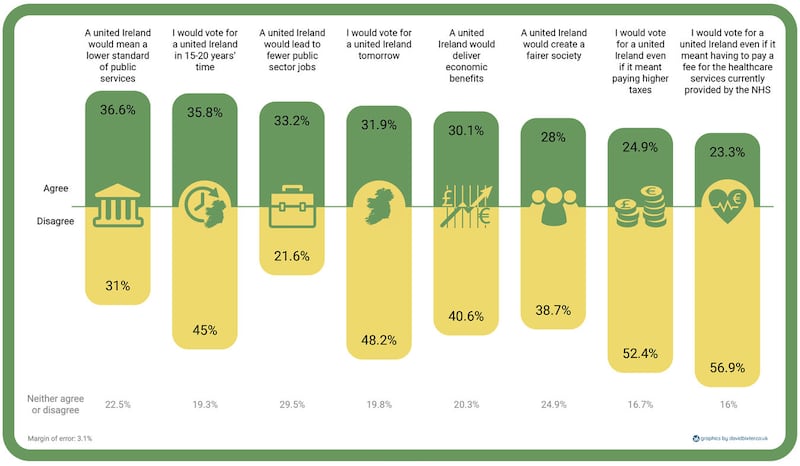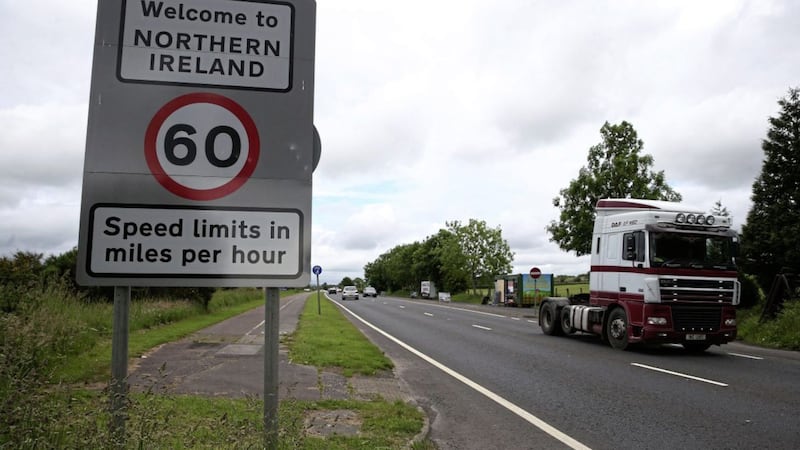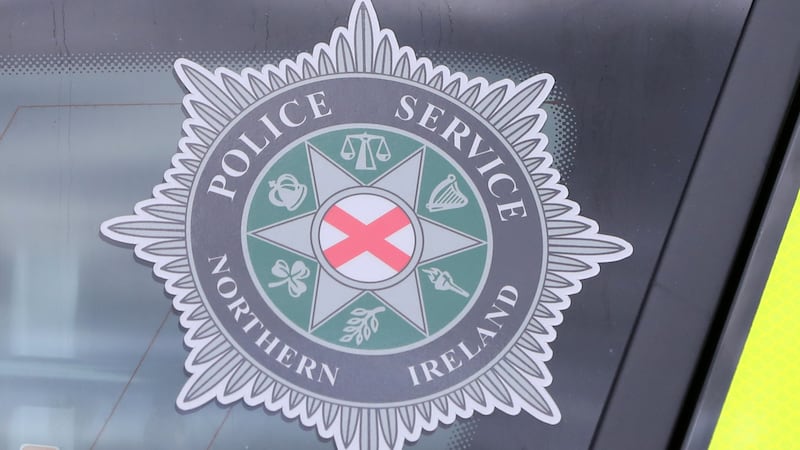ALMOST a third of people would vote for a united Ireland if a border poll was held tomorrow, the latest research reveals.
Opposition to Irish unity remains strong at 45.3 per cent but nationalist commentators are encouraged by figures in today's Institute of Irish Studies-University of Liverpool/The Irish News poll which indicate a significant swathe have yet to make their minds up.

People who don't know how they'd vote in a border poll, combined with those who neither agree or disagree, represent almost a quarter of respondents (24.7 per cent), while 30 per cent would would vote 'yes'.
The survey also shows that support for Irish unity increases in the long-term.
When respondents are asked if they would vote for a united Ireland in 15-20 years' time, the number saying 'yes' grows to 33.4 per cent, while opposition drops to 41.5 per cent, with don't knows and neither agree or disagree at 25.5 per cent.
Support for a united Ireland in the short-term is highest among Sinn Féin voters (68.7 per cent) but also significant among SDLP (48.7 per cent), Green (56.3 per cent) and People Before Profit (53.3 per cent) voters.
Opposition to Irish unity is greatest among TUV voters (95 per cent), followed by their Ulster Unionist (92 per cent) and DUP (80.7 per cent) counterparts.
More than a third of Alliance voters (35.2 per cent) would vote against a border poll tomorrow, while 23.1 per cent would support unity. Notably, Alliance voters also represent the largest percentage who neither agree or disagree with the prospect of Irish unity (39.8 per cent).
Commentator and columnist with The Irish News Chris Donnelly said he wasn't especially surprised by the size of the deficit for the pro-unity side.
However, he pointed to a "number of interesting takeaways" from the polling.
"When those declining to give a preference for unity or union in the event of a border poll in 15-20 years' time are removed from the figures, some 44.3 per cent favour unity to 55.7 per cent opting for continuing the union, which is probably an accurate reflection of the breakdown amongst the 'decideds' in our society, with demographics narrowing that gap with the passing of each year," he said.
"Ultimately, the poll merely confirms that our constitutional future will be determined by the vast swathe of voters in a middle ground that has changed beyond all recognition over the past generation."
Mr Donnelly said that while Alliance could once have been accurately portrayed as a "liberal unionist party", the Institute of Irish Studies-University of Liverpool/The Irish News poll highlighted how many pro-unity voters are comfortable voting Alliance and "marrying that with their constitutional preference". He noted that an even greater percentage of those intent on voting for the Greens and People Before Profit also indicated firm support for unity.
"With this election looking set to be defined by the unprecedented performance of the 'others', these results provide yet more confirmation that the third bloc in northern Irish politics is defined not by a firm constitutional preference but rather by a yearning for a change in what we say and how we do things in this jurisdiction as we approach a quarter century since the Good Friday Agreement," he said.
In regards to the potential for increased costs in the event of a united Ireland, more than half of respondents said they would not vote to leave the UK if it meant higher taxes (52.4) compared to a quarter (24.9 per cent) who said said they would.
When asked if they would vote for a united if it meant having to pay a fee for healthcare services, 56.9 per cent of respondents said they wouldn't, while 23.3 per cent said they would, with 16 per cent neither agreeing or disagreeing.
More than a quarter of people believe a united Ireland will create a fairer society (28 per cent), while 30.1 per cent think unity would deliver economic benefits, compared 40.6 per cent who disagree.
Almost three-quarters of people believe the executive should prioritise jobs health and welfare over constitutional issues (74.5 per cent), while more than half think that if devolution worked better there'd be less of a focus on the constitutional question (57.9 per cent).
Overall, a greater proportion of nationalists believe better devolved politics would mean less focus on the constitutional issue (66.1 per cent versus 56.4 per cent of unionists), while more than two-thirds of nationalists advocate the executive's prioritisation of jobs health and welfare over constitutional issues (67.3 per cent versus 56.5 per cent of unionists).
Read More
- Nationalists urged not to be disheartened by poll support for united Ireland
- Poll finds stalling executive formation after election has little public support
- Public backs assembly reform alongside ditching of first and deputy first minister titles
- Peter Shirlow – Northern Ireland is moving beyond the desert island (premium)
- Anna Mercer – Overhauling the Stormont system would provide a better route to delivery (premium)
- David McCann – Those who care the least about the constitutional question will be key in referendum outcome (premium)








